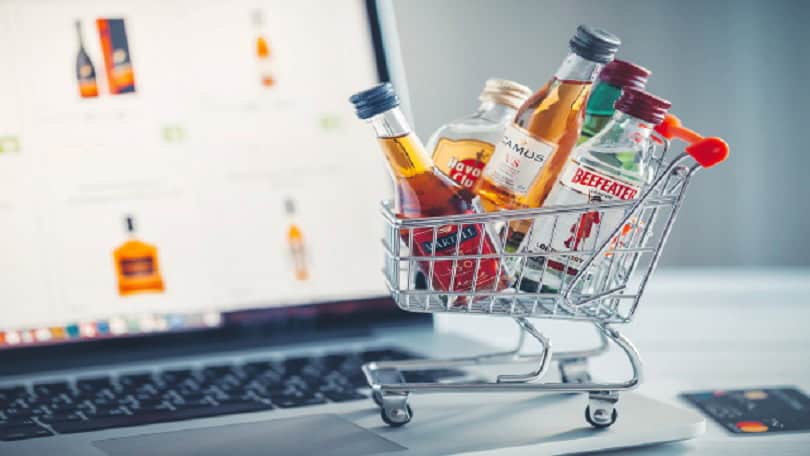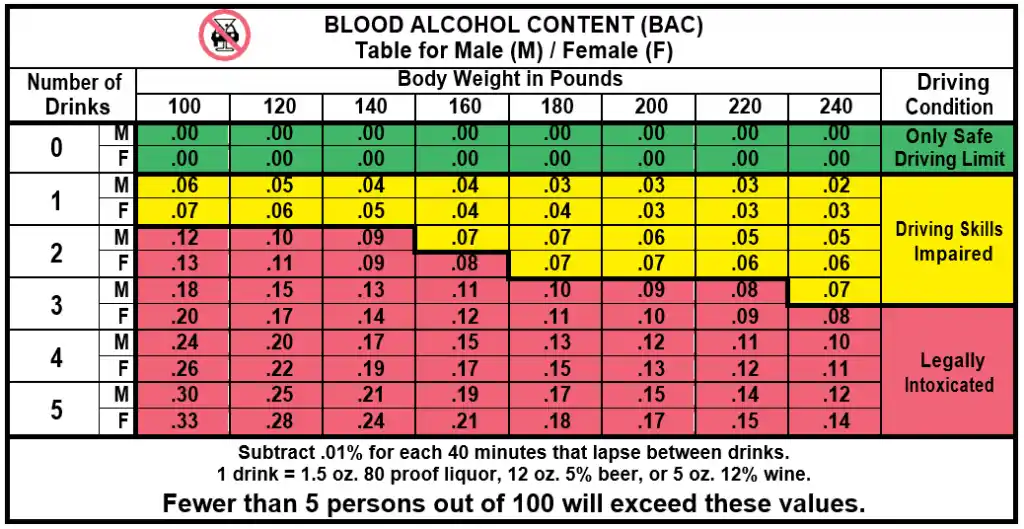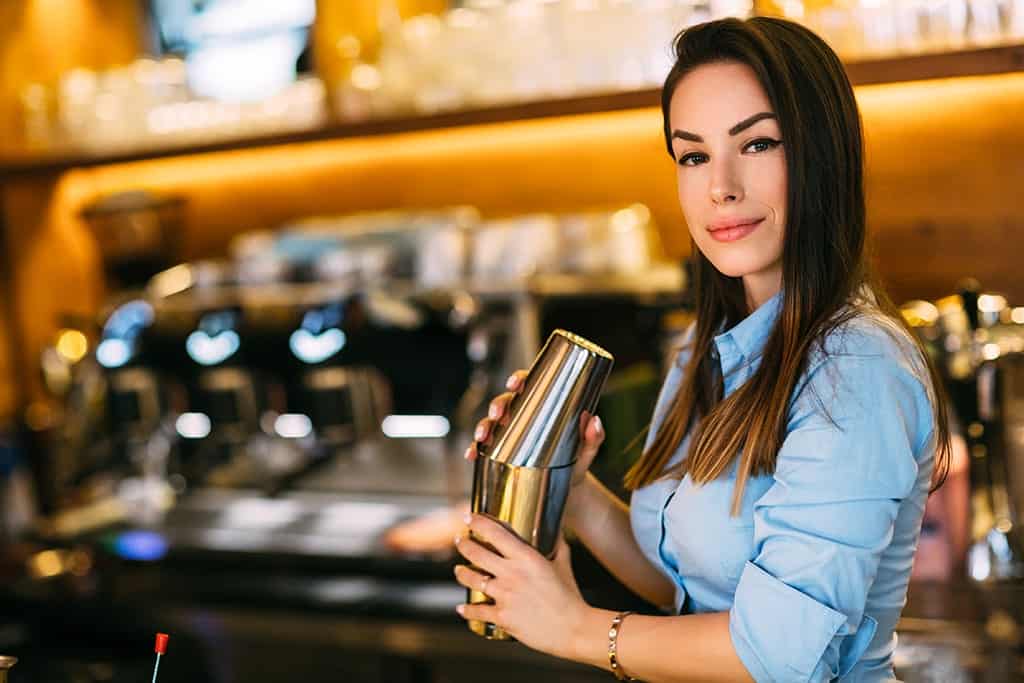
OLCC Expands Minor Decoy Operations
Drivers for these delivery companies are required to check the identification of the person receiving the order when it contains alcoholic beverages to make sure that person is not a minor.
As warmer weather arrives, the Oregon Liquor and Cannabis Commission, OLCC expands Minor Decoy Operations (MDO), to ensure that OLCC licensees are not selling alcohol and cannabis products to individuals under the age of 21. The stepped-up effort will also include MDO activity for alcohol home delivery.
After significant declines in licensee compliance during the period emerging from the pandemic, cannabis licensees have steadily improved in their compliance efforts. Alcohol sellers have also made progress with their compliance but have remained inconsistent.
“Our licensees need to comply with the laws and rules pertaining to mixing, serving, selling and delivery of alcohol, and MDO activity is a reminder of that obligation” said Andy Jurik, OLCC Director of Alcohol Compliance.
Inspectors Set to Monitor Alcohol Home Delivery
Compliance (on MDO’s) by alcohol licensees has improved from 71% in 2022 to 78% in 2023, to 80% so far in 2024. But it is still 10% below the 90% objective set by OLCC.
“It’s important for our licensees to make sure that they and their employees have good protocols in place for checking IDs to prevent minors from buying,” said Jurik. “There’s also age verification equipment (AVE) they can install that will cost less than a fine or license suspension.”
Oregon House Bill 3308
Adding MDO activity to alcohol home delivery is the result of passage of House Bill 3308 during the 2023 Oregon legislative session. That legislation directs the OLCC to oversee third-party delivery companies that deliver alcoholic beverages to consumers.
Drivers for these delivery companies are required to check the identification of the person receiving the order when it contains alcoholic beverages to make sure that person is not a minor. The MDO monitoring of alcohol home delivery is designed to prevent “drop and dash” activity, where a delivery driver leaves alcoholic beverages without checking for an identification.
Finding the Education You Need
A 2022 study conducted for the OLCC found more than 35% of alcoholic beverage deliveries were not done in a compliant manner. According to The Eyes on Oregon study non-compliant delivery included: no contact deliveries (drop and dash), no ID checking, and insufficient ID checking.
Between May 16 and September 6, 2022, a total of 106 observations were recorded across 7 Oregon counties. The project’s main area of interest was whether ID was appropriately checked during an alcohol delivery. We characterized ID checking as “non-compliant” if a home delivery of alcohol was left with no contact, if ID was not checked, or if ID was insufficiently checked. In total, 37% of the 106 home deliveries of alcohol were non-compliant for ID checking.
Get the Training and Education You Need For Alcohol Delivery
Are you a third-party delivery driver for companies like Uber Eats, DoorDash, or Spark? If so, the Oregon Liquor Cannabis Commission (OLCC) requires you to complete the OLCC 3rd Party Delivery Driver Certification course.
A+ Server Education's online alcohol delivery course covers essential information such as how to check identifications, recognize signs of intoxication, and follow other rules and regulations related to alcohol delivery. By completing this certification, you can ensure that you're delivering alcohol safely and responsibly.
What's more, the certification is valid for three years, and you can conveniently complete the course online for just $7.99! This opportunity allows you to enhance your skills and stay compliant with the OLCC regulations without disrupting your busy schedule, relieving you of any additional burden.
Enroll in the OLCC 3rd Party Delivery Driver Certification course today by clicking here for the Delivery Training!



